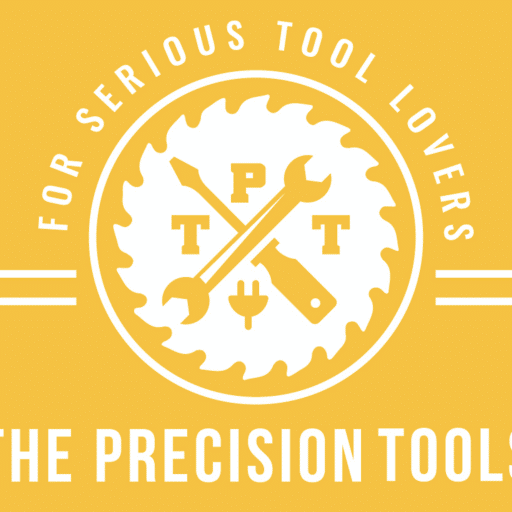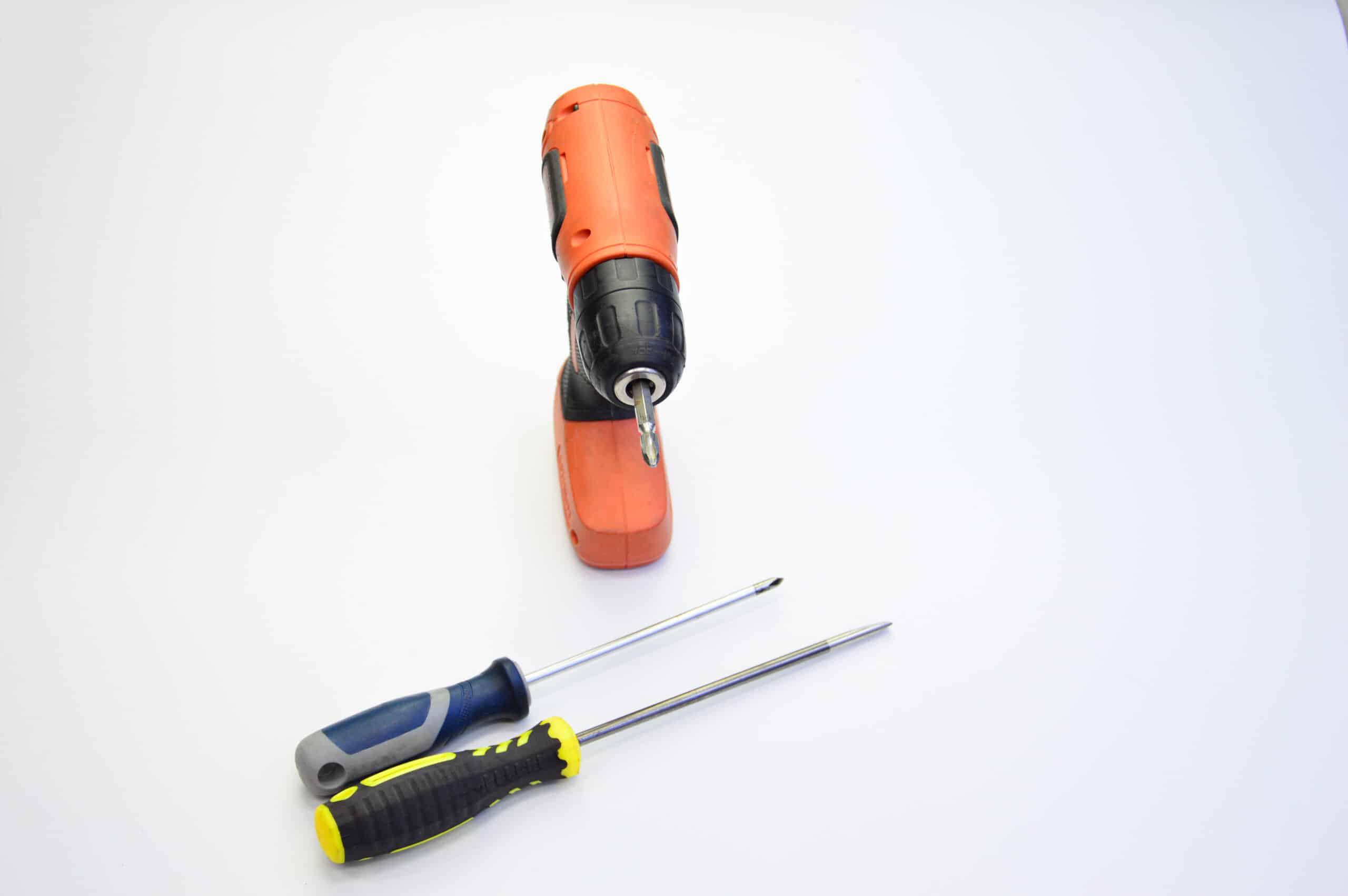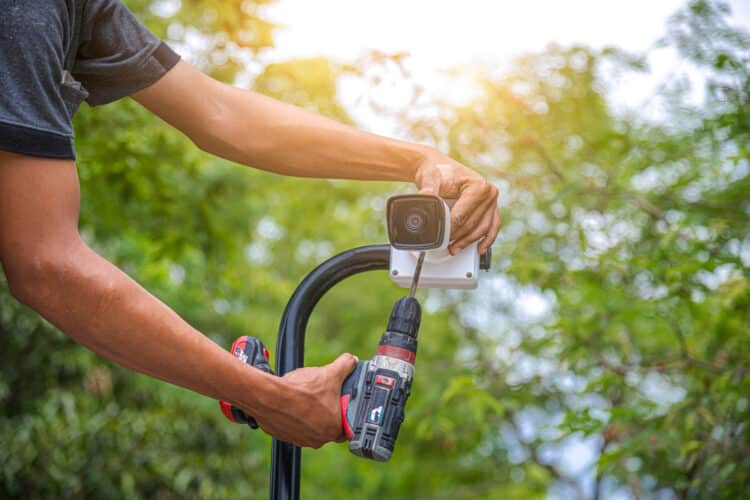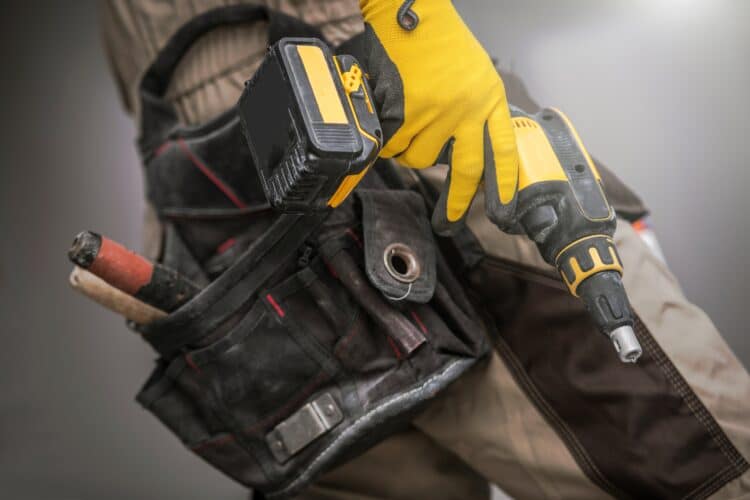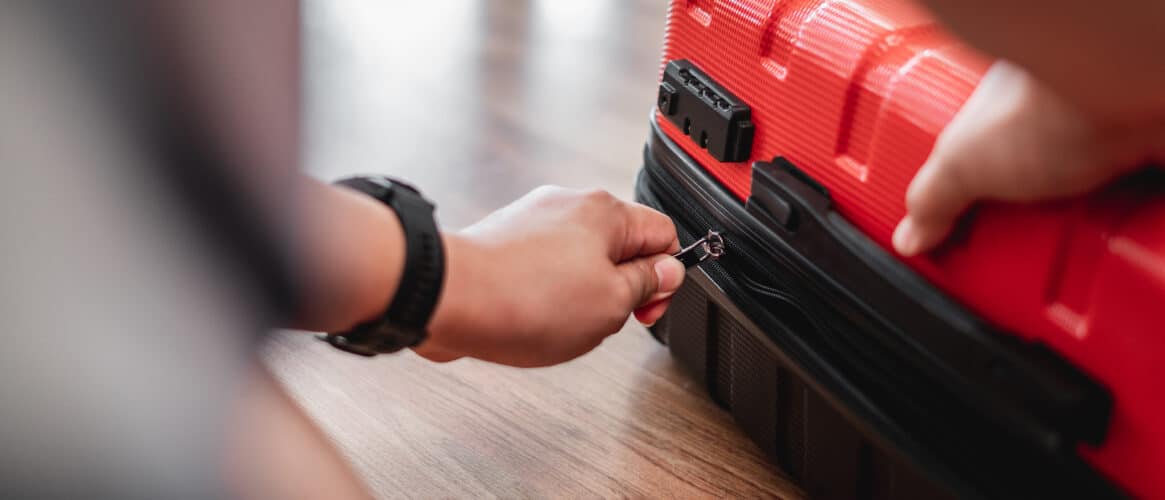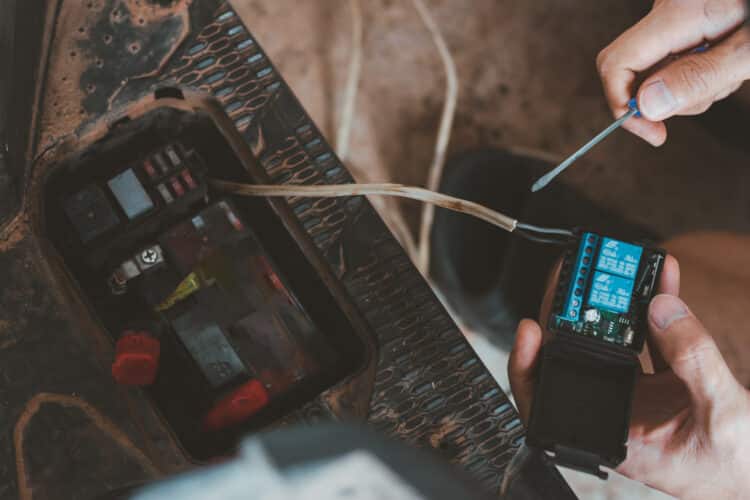Do I Need a Cordless Screwdriver if I Have a Drill?
Key Takeaways
- A cordless drill is a versatile tool that can be used for drilling holes, driving fasteners, polishing, sanding, and more.
- A cordless screwdriver is primarily designed for driving screws and is smaller in size with lower torque and speed settings compared to a drill.
- Having both a cordless screwdriver and a drill offers advantages in terms of versatility, efficiency, specialized features, and redundancy.
When it comes to DIY projects and home repairs, having the right tools is essential. Two common tools that often come to mind are cordless drills and cordless screwdrivers. If you already own a drill, you may be wondering if it’s necessary to also invest in a cordless screwdriver. In this article, we will explore the differences between these two tools and help you determine whether or not you need a cordless screwdriver if you already have a drill.
The Differences Between Cordless Drills and Cordless Screwdrivers
Before we delve into whether or not you need a cordless screwdriver, let’s first understand the differences between these two tools. The main distinction lies in their design and functionality.
A cordless drill is a versatile tool that typically has a chuck for holding various drill bits. It can be used for drilling holes, driving fasteners, polishing, sanding, and more. Cordless drills often have higher torque and speed settings compared to screwdrivers, making them suitable for a wide range of tasks.
On the other hand, a cordless screwdriver is primarily designed for driving screws. It features a hexagonal socket that accepts ¼-inch driver bits, allowing for efficient and accurate screw fastening. Electric screwdrivers are typically smaller and have lower torque and speed settings compared to drills, making them ideal for lighter tasks.
Assessing Your Needs
Now that we understand the differences between cordless drills and cordless screwdrivers, it’s important to assess your specific needs. Consider the type of projects you typically work on and the tasks you need to accomplish.
If you frequently work with tough materials that require precise screw fastening, investing in a cordless screwdriver may be worthwhile. Its smaller size and lower torque settings make it easier to control and prevent damage to the screw or work surface. Additionally, cordless screwdrivers are designed for accessing hard-to-reach areas, thanks to their compact and lightweight design.
However, if you primarily need a tool for drilling holes, driving fasteners, and tackling a variety of tasks, a cordless drill would be recommended. The higher torque and speed settings of a drill make it more versatile and powerful, allowing you to work with different materials and tackle tougher tasks.
Advantages of Having Both
While it may not be necessary to have both a cordless screwdriver and a drill, there are advantages to owning both tools. Let’s explore these advantages:
- Versatility: Having both tools allows you to cover a wider range of tasks. You can use the drill for drilling holes and driving fasteners, while the screwdriver can be dedicated to efficient and accurate screw fastening.
- Efficiency: By having dedicated tools for specific tasks, you can work more efficiently. Switching between bits and adjusting settings on a single tool can be time-consuming, whereas having separate tools allows you to work faster.
- Specialized Features: Cordless screwdrivers often come with features specifically designed for screw fastening, such as adjustable speed and torque settings. Having a dedicated screwdriver can provide you with more control and precision.
- Redundancy: Having a backup tool can be beneficial, especially during projects where one tool may need to be charged or repaired. Owning both a drill and a screwdriver ensures that you always have a tool available to tackle your projects.
Conclusion
Ultimately, the decision of whether or not you need a cordless screwdriver if you already have a drill depends on your specific needs and preferences. If you frequently work with tough materials that require precise screw fastening, investing in a cordless screwdriver may be beneficial. However, if you primarily need a versatile tool for drilling holes, driving fasteners, and tackling various tasks, a cordless drill would be recommended.
Consider your projects, tasks, and budget when making this decision. Having both tools can offer advantages in terms of versatility, efficiency, and specialized features. However, if owning both tools is not feasible, choose the tool that aligns with the majority of your needs and consider renting or borrowing the other tool when necessary.
Related Websites:
FAQs:
Q: What is the difference between a cordless drill and a cordless screwdriver?
A cordless drill is a versatile tool used for drilling holes and driving screws, while a cordless screwdriver is specifically designed for driving screws and tightening or loosening bolts. Cordless drills typically have more power and torque, making them suitable for larger tasks, while cordless screwdrivers are lightweight and convenient, making them ideal for smaller, intricate jobs.
Q: What are the advantages of a cordless drill?
A cordless drill offers versatility for various tasks. It provides more power and torque than a cordless screwdriver, making it suitable for heavy-duty or professional applications. Additionally, a cordless drill can handle larger screws and drilling tasks with ease.
Q: What are the advantages of a cordless screwdriver?
A cordless screwdriver is lightweight, convenient, and ideal for smaller, intricate tasks. It offers ease of use and maneuverability, making it suitable for DIY enthusiasts and light-duty jobs. Its primary purpose is driving screws and it is a cost-effective tool for those specific needs.
Q: Should I own both a cordless drill and a cordless screwdriver?
While it depends on your specific needs, owning both tools provides versatility. A cordless screwdriver might be more suitable for scenarios that involve smaller screws and intricate tasks. However, a cordless drill is essential for heavy-duty or professional applications. Owning both ensures you are prepared for a wide range of tasks and projects.
Q: How do I assess my needs to decide between a cordless drill and a cordless screwdriver?
To assess your needs, consider the types of tasks you frequently undertake. If you often work with larger screws, drilling tasks, or require more power and torque, a cordless drill is likely the better choice. However, if you primarily work on smaller, intricate tasks or need a lightweight tool for convenience, a cordless screwdriver may be more suitable. Evaluating your specific requirements and projects will help you make an informed decision.
